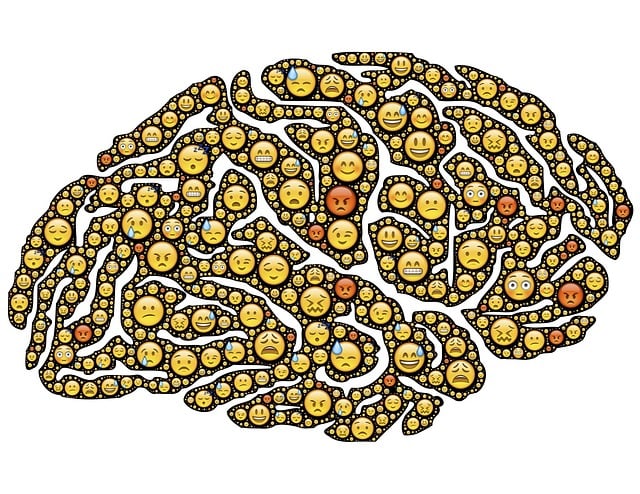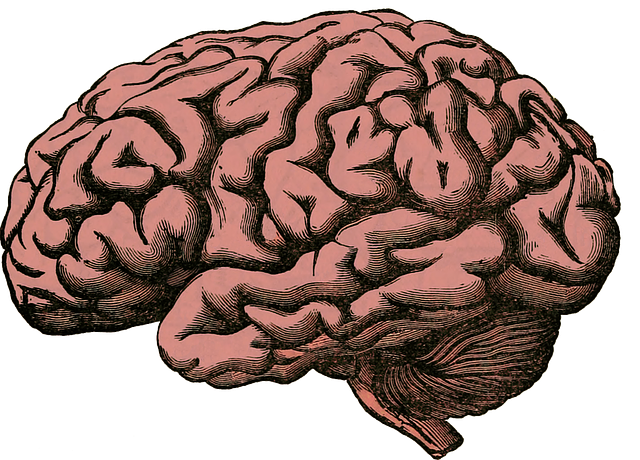Littleton American Sign Language Therapy offers personalized coping skills development for diverse individuals, including those who are deaf or hard of hearing, using ASL as a therapeutic tool. Through empathy-building strategies, conflict resolution, stress management practices, and mindfulness meditation techniques, clients learn effective self-expression, emotional regulation, and inner strength. Combining visual sign language with mindful practices equips individuals with tailored coping mechanisms to manage challenges, maintain emotional stability, and improve overall mental well-being.
Coping skills are essential tools for navigating life’s challenges and maintaining mental well-being. This article explores the development of these skills, highlighting their significance in managing stress, anxiety, and difficult emotions. We delve into the unique role of Littleton American Sign Language (ASL) therapy as a powerful approach to enhancing coping abilities, offering strategies for effective integration into daily routines. Discover how these techniques can empower individuals to thrive despite life’s complexities.
- Understanding Coping Skills and Their Significance
- The Role of Littleton American Sign Language Therapy
- Strategies for Effective Coping Skills Development
- Integrating Coping Mechanisms into Daily Life
Understanding Coping Skills and Their Significance

Coping skills are the strategies we use to navigate life’s challenges and maintain our well-being. They play a crucial role in managing stress, resolving conflicts, and fostering healthy relationships. By developing effective coping mechanisms, individuals can transform their responses to difficult situations, promoting resilience and emotional stability. At Littleton American Sign Language Therapy, we recognize that unique approaches are needed for diverse individuals, including those who use sign language as their primary form of communication.
Empathy building strategies, conflict resolution techniques, and stress management practices are integral components of our coping skills development program. We believe these tools empower individuals to communicate more effectively, resolve disagreements peacefully, and maintain inner peace amidst life’s storms. By equipping people with a robust set of coping skills, we enable them to face challenges head-on, foster understanding among peers, and create a more harmonious environment for all.
The Role of Littleton American Sign Language Therapy

The Littleton American Sign Language (ASL) Therapy offers a unique and powerful approach to coping skills development, especially for individuals who are deaf or hard of hearing. By utilizing ASL as a therapeutic tool, this specialized service provides an inclusive environment where individuals can express their emotions and communicate effectively about their mental health. The therapy focuses on teaching sign language as a means of self-expression and emotional regulation, which is particularly beneficial for those facing challenges related to depression prevention and mood management.
Through mindfulness meditation techniques incorporated into ASL therapy sessions, participants learn to acknowledge and manage their feelings more proactively. This can be invaluable in enhancing overall mental well-being and promoting healthier coping mechanisms. By combining the visual aspect of sign language with mindful practices, individuals may find it easier to identify and process their emotions, leading to improved mood management skills over time.
Strategies for Effective Coping Skills Development

Developing effective coping skills is a valuable asset for maintaining mental wellness and overall well-being. At Littleton American Sign Language Therapy, we understand that finding appropriate strategies can be transformative. One powerful method is through Communication Strategies. Expressing thoughts and emotions openly, whether through conversation or creative outlets like art or journaling exercise guidance, allows individuals to process and manage their feelings. This process empowers them to navigate challenges with increased resilience.
Additionally, cultivating inner strength is a cornerstone of coping skills development. Encouraging clients to identify personal strengths, practice self-compassion, and embrace mindfulness techniques can foster a sense of empowerment. These strategies help individuals respond to stressors in healthier ways, promoting a more balanced and peaceful mind. By combining communication tools with the cultivation of inner fortitude, one can create a robust coping arsenal tailored to their unique needs.
Integrating Coping Mechanisms into Daily Life

Integrating coping mechanisms into daily life is a vital step for enhancing mental wellness, as recommended by professionals at Littleton American Sign Language Therapy. This process involves adopting strategies that allow individuals to effectively manage stress, navigate challenges, and maintain a sense of equilibrium. By incorporating these skills into their routines, folks can transform their approach to difficult situations, fostering resilience and emotional stability.
The community outreach program implementation at Littleton American Sign Language Therapy encourages individuals to explore various coping techniques tailored to their unique needs. This personalized approach boosts confidence, enabling people to face life’s curveballs with newfound composure. Through these strategies, one can create a more balanced and fulfilling lifestyle, ultimately contributing to improved mental wellness.
Coping skills development is a vital process that enables individuals to navigate life’s challenges with resilience. By understanding and utilizing effective strategies, such as those offered by the innovative approach of Littleton American Sign Language Therapy, people can enhance their ability to manage stress and adversity. Integrating coping mechanisms into daily routines allows for better emotional regulation and overall well-being. This article has explored these concepts, highlighting the significance of Littleton ASL Therapy in promoting healthy coping skills development.













